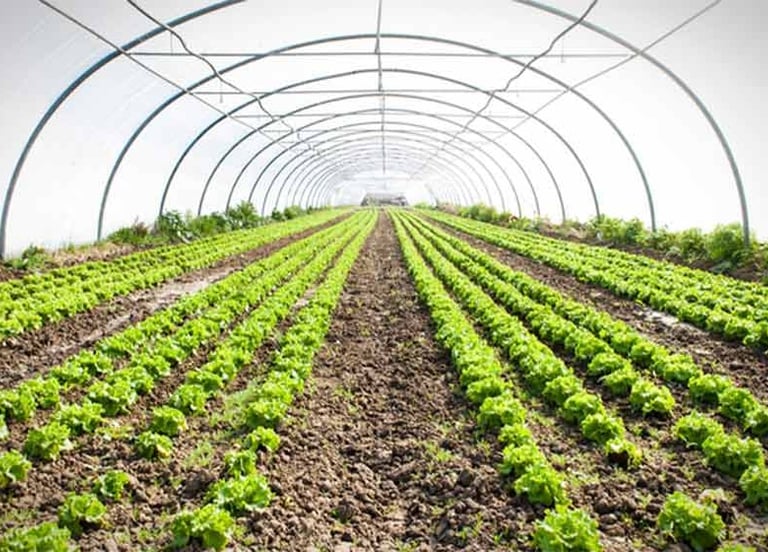
ORGANIC FARMING CERTIFICATE
An Organic Farming Certificate is an official document that verifies that a product has been produced, processed, packaged, and labeled according to organic farming methods. This certificate is issued by authorized certification bodies after inspecting the entire production chain and confirming its compliance with organic farming regulations.
What is Organic Farming?
Organic farming is an agricultural method that avoids the use of synthetic fertilizers, pesticides, hormones, antibiotics, and genetically modified organisms (GMOs). Instead, it relies on natural methods to maintain soil fertility and plant health. These methods include:
Crop Rotation: Planting different crops in a specific sequence improves soil fertility and helps control pests and diseases.
Green Manuring: Growing specific plants and incorporating them into the soil to improve its structure and nutrient content.
Composting: Decomposing organic waste naturally and returning it to the soil.
Biological Control: Using natural enemies to control pests.
Physical Control: Using physical methods like traps and mulching to control pests and diseases.
Why is an Organic Farming Certificate Important?
Consumer Confidence: An organic farming certificate guarantees consumers that the product is genuinely organic and produced according to specific standards.
Healthy Food: Organic products are considered healthier and more nutritious because they do not contain synthetic chemicals.
Environmental Protection: Organic farming protects soil, water, and biodiversity, and reduces environmental pollution.
Sustainable Agriculture: Organic farming supports a sustainable agricultural system in the long term.
Market Advantage: Organic products can be sold at higher prices in the market, and the demand for organic products is increasing.
How to Obtain an Organic Farming Certificate?
Producers who want to obtain an organic farming certificate should follow these steps:
Application to an Authorized Certification Body: Producers must apply to a certification body authorized by the Ministry of Agriculture and Forestry.
Transition Period: A specific period (usually 2-3 years) is required to transition from conventional to organic farming. During this time, organic farming methods are applied to the land, but the products cannot be certified as organic.
Inspection: The certification body inspects the production area, inputs used, processing facilities (if any), and records.
Certification: If the producer is found to be compliant with organic farming regulations, an organic farming certificate is issued.
Annual Inspections: Annual inspections are carried out by the certification body to ensure the certificate's continued validity.


Contact Us to Begin Your Organic Farming Certification Process.
We offer affordable and effective solutions tailored to your needs.
The information presented on this website does not constitute legal advice and is intended for informational purposes only. KompassEurope.com.tr assumes no responsibility for any errors or omissions in the information contained on this website. Any decisions made or actions taken by the reader based on this information are solely at the reader's own risk, and KompassEurope.com.tr shall not be held liable for any legal consequences arising from such decisions or actions. Readers are strongly advised to seek professional legal counsel regarding their specific circumstances and concerns.
© 2025 Kompass Europe. All rights reserved. The contents of this website belong to Kompass Europe and are protected by copyright laws. Copying, publishing, distributing or any commercial use of the information on the website is possible only with written permission. By using this site, you agree to our Terms of Use and Privacy Policy.
